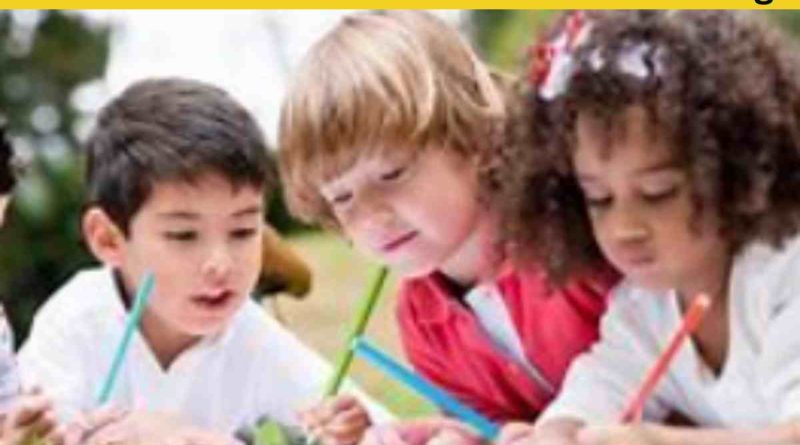Which Factor is Related to Children Noticing Material Possessions During Middle Childhood?
Which Factor is Related to Children Noticing Material Possessions During Middle Childhood?: Middle childhood is a significant developmental stage during which children undergo various cognitive, emotional, and social changes. One aspect that often comes into focus during this period is their awareness of material possessions and their attitudes towards them. In this article, we will explore the factor that is related to children noticing material possessions during middle childhood.
Middle Childhood: A Time of Growth and Awareness
Defining Middle Childhood 🧒🏽
Middle childhood, typically ranging from around 6 to 12 years of age, is a crucial period of development marked by significant changes in cognitive abilities and social interactions.
Developmental Milestones 🌟
During middle childhood, children become more independent, develop complex thinking skills, and engage in more extended social interactions with peers.
Also, Read How is Joely Fisher Related to Debbie Reynolds? A Family Saga of Hollywood Royalty
Material Possessions in Middle Childhood
Emerging Materialism 💼
As children progress through middle childhood, they begin to notice and value material possessions more than they did during early childhood. Material possessions, such as toys, clothes, and gadgets, can hold a newfound appeal for them.
Influence of Peers and Media 📺
The increasing awareness of material possessions can be influenced by peers and media representations, where material items are often portrayed as desirable and associated with status and happiness.
Follow Us On NewUsaNews Facebook Page
The Role of Socioeconomic Status (SES)
Defining Socioeconomic Status (SES) 💰
Socioeconomic status refers to the economic and social standing of an individual or family within society, often determined by factors such as income, education, and occupation.
Impact on Material Possessions Awareness 🏘️
Research has shown that children’s awareness and attitudes towards material possessions during middle childhood are influenced by their family’s socioeconomic status.
High SES Families 🏞️
Children from higher socioeconomic status families may have greater access to a wide range of material possessions. As a result, they may become more aware of and value material items as symbols of affluence and success.
Low SES Families 🏙️
Children from lower socioeconomic status families may have limited exposure to material possessions, leading to less emphasis on the value of material items in their lives.
Conclusion
In conclusion, the factor related to children noticing material possessions during middle childhood is their family’s socioeconomic status. Children from higher socioeconomic status families may be more aware of and value material possessions, influenced by their exposure to a broader range of material items and the media’s portrayal of material wealth. On the other hand, children from lower socioeconomic status families may place less emphasis on material possessions due to limited exposure and resources.
As children progress through middle childhood, their attitudes towards material possessions may continue to evolve, shaped by their cognitive development, social interactions, and family dynamics. It is essential to support children’s understanding of the value of material possessions while also nurturing their appreciation for non-material aspects of life, such as relationships, experiences, and personal growth.
